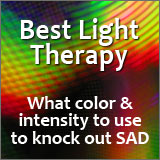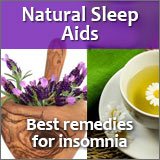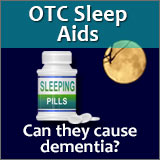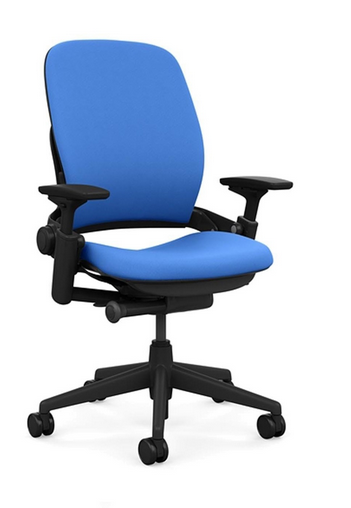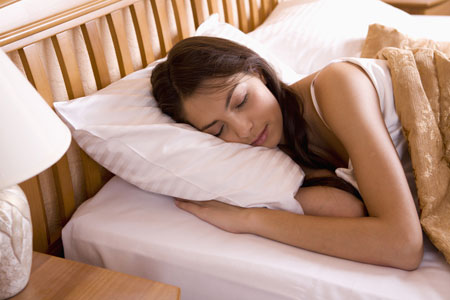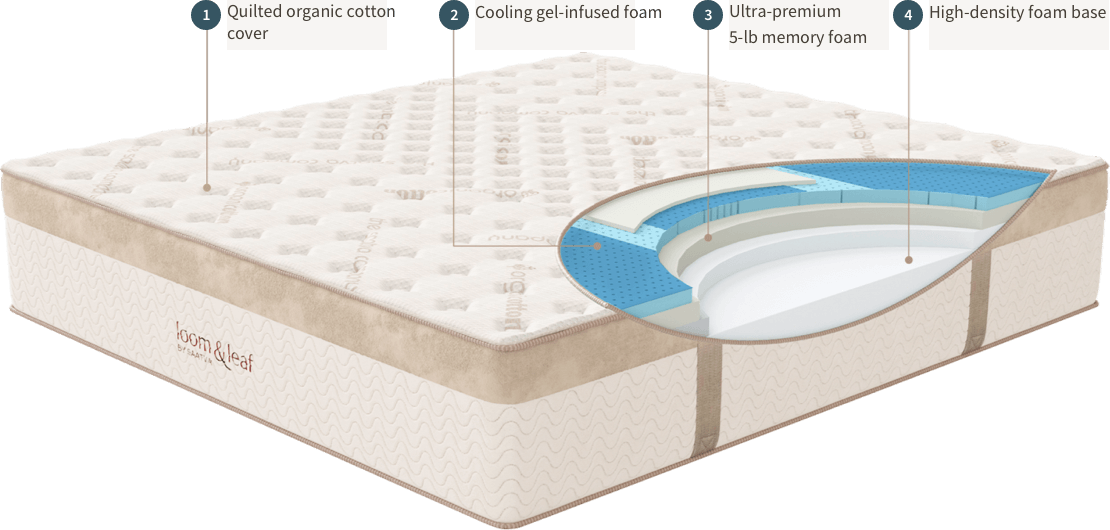Here Are Five More How To Fall Asleep Tips
#6: How to fall asleep fast
Perhaps the best how to fall asleep fast advice is this: soak in a soothing warm bath (keep it hot but enjoyable). Make this part of your bedtime routine, about an hour or so before your designated sleep time.
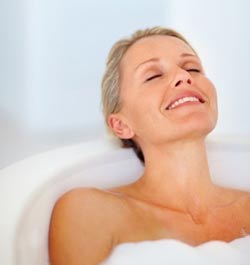
Even better, make it an aromatherapy bath with essential oils. Both lavender oil and chamomile oil can be added to a bath to help you de-stress.
The reason taking a hot bath works so well is because it effects your body temperature.
Here's what happens. As dusk approaches and evening sets in, melatonin levels rise as part of the circadian rhythm (your body's 24 hour clock). However, as part of your normal circadian rhythm, body temperature will begin to drop in the evening, which helps you fall asleep.
So taking a hot bath elevates your body temperature, but when you
lie down, body temperature drops quickly. It's this change that makes
you fall asleep easier and faster.
I have written in my herbal sleep aid articles that lavender can help you fall asleep.
Here are various lavender products
that may help you sleep better
#7: Check your mattress and pillow
A case could be made for this being one of the best how to fall asleep tips. Fact is, a good comfortable mattress and pillow in your bedroom are worth their weight in gold and may be the best sleep aid there is.
As an example, on my recent travels that I mentioned in part 1 of this article, one of the places I slept at had the worst pillows I've ever used. There are probably bricks that are softer than those pillows. And the mattress was hard as plywood.
I slept poorly, was awake a good part of the nights, and ended up with a severely stiff neck which made sleeping even more difficult the rest of the week.
So always go for the best mattress you can afford.
An organic mattress with memory foam is perhaps the best mattress you can possibly buy.
A recommended company we love is Saatva Mattress. For a full writeup on their ultra luxurious, finely crafted, super-comfy mattresses, visit my article on them here.
I'll tell you why and I'll have a lot more to say about mattresses in future articles because it is so important to get this right.
Subscribe to the RSS orange button in the left margin so you'll know when I've posted the article.
In the meantime, keep this in mind. The typical mattress wears out sooner than you think. After about anywhere from five to ten years, you need to be thinking about test-driving a new one. And consider replacing your pillow at least once a year.
One more thing: A worn out mattress can also restrict breathing, which can then lead to increased snoring.
#8: Exercise at the right time?
Studies do show that exercise of at least 30 minutes a day results in deeper sleep. However, does time of day matter?
Perhaps.
You may have read elsewhere that you should avoid exercising too close to bedtime, usually no closer than two to three hours beforehand. Yet the fact is, everybody in this frenzied world of ours is different.
You may be one of those people who can exercise vigorously like a five-year-old on a sugar high right up until about an hour or so before you want to go to sleep. And this exercise might even help you sleep better.
Simply keep a sleep diary. Note how well or poorly you sleep. If you notice exercising too late in the day keeps you up at night, pull a switcheroo and exercise earlier in the day. Simple as that.
#9: You booze you lose
I could have put this under the how to fall asleep fast section but I didn't want to give you any crazy ideas. The truth is, alcohol can make you fall asleep quickly. Problem is, most people will end up with sleep maintenance insomnia and wake up in the middle of the night.
Nocturia—the need to get up in the middle of the night to urinate—can also be caused by booze and can ruin your sleep.
Again though, not everyone has a sleep problem when they drink. So keep a sleep diary. If you drink close to bedtime and it doesn't wake you up three or four hours later or whatever, so be it. If it does, avoid alcohol several hours before bed.
#10: And speaking of getting a buzz...
Not only can drinking booze ruin your sleep, but caffeine and cigarettes can be just as bad. Both are stimulants. People who smoke might think puffing away before bed helps them relax, but the reality is, nicotine can jack them up.
As for caffeine...well, you're probably already aware that if you want to know how to fall asleep, caffeine and sleep don't mix. Standard advice is that you should avoid caffeine six hours before bedtime.
What about you? Yep, it's back to your sleep diary again. Find out for yourself when you need to cut out caffeine during the day.
And remember...caffeine is not only in coffee and tea but also in chocolate, soda, and some over the counter medications.
Next in part 3, which is below, we'll look at two final ways for how to fall asleep: ritual, and what may be the best natural sleep aid for you.
Here are more articles you will find helpful
Part 3: How To Fall Asleep Fast: Relaxation and Natural Sleeping Pills
Part 1: How to Fall Asleep Naturally
4 Essential Facts About Insomnia
What Do Egyptian Mummies, Ancient Roman Baths, and This Herbal Sleep Remedy Have In Common?
Herbal Sleep Remedies: Chamomile
Return to Sleep Disorders Home Page



